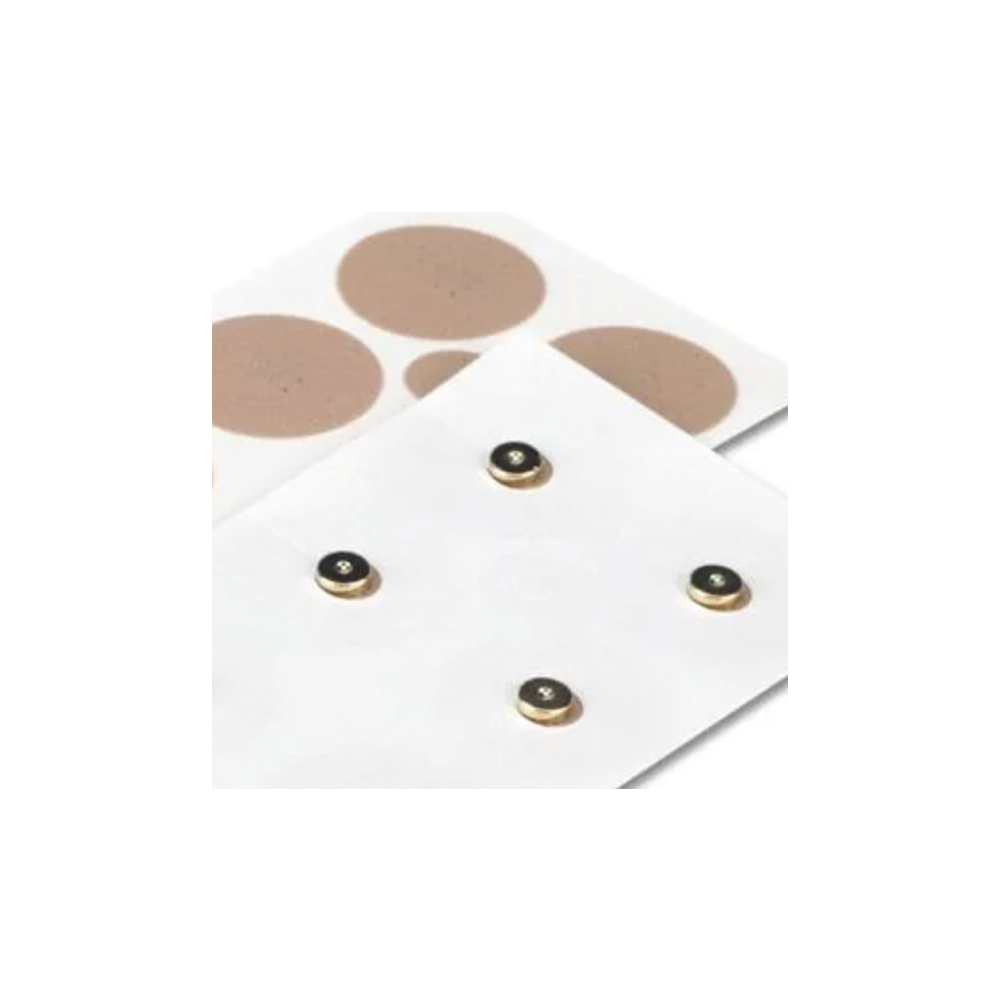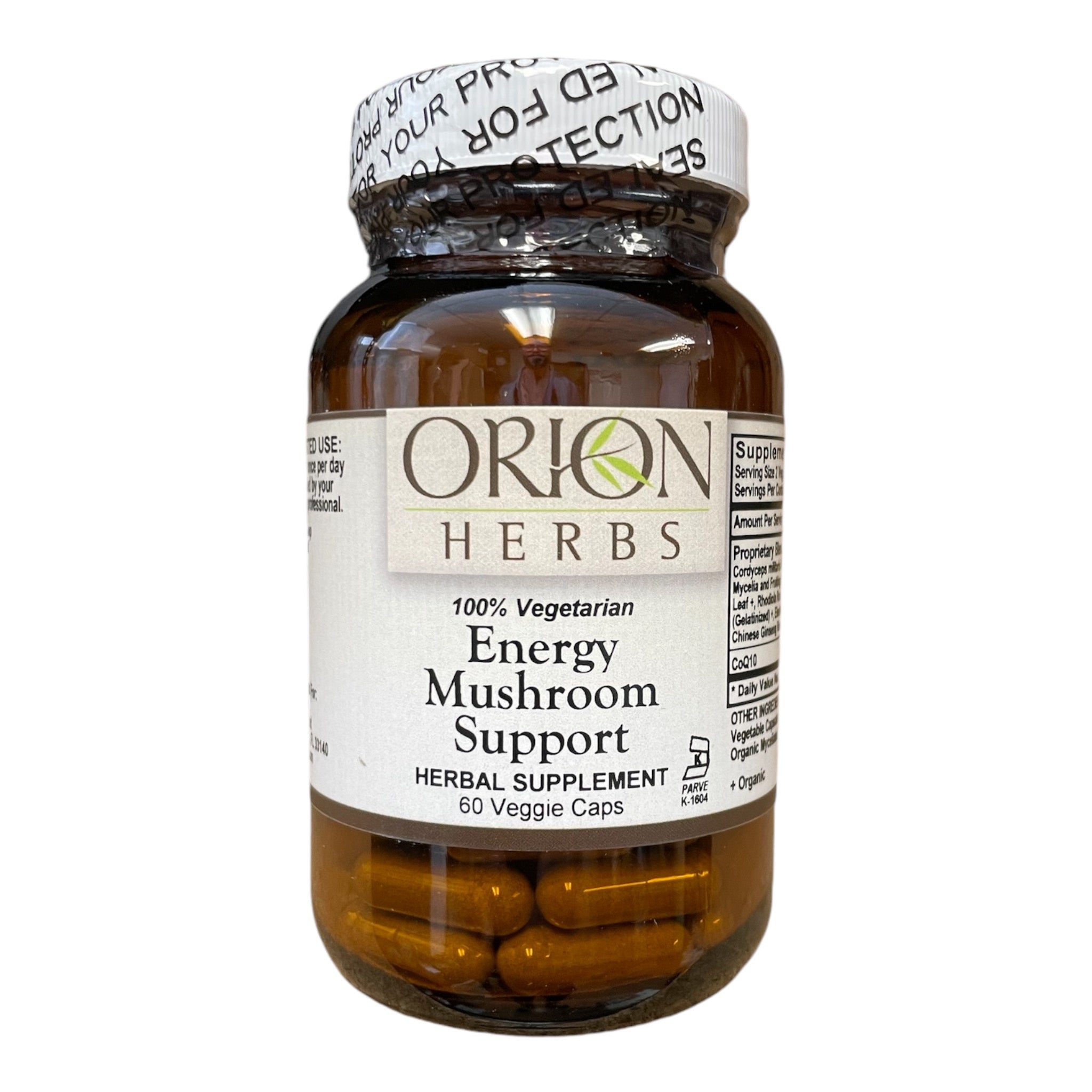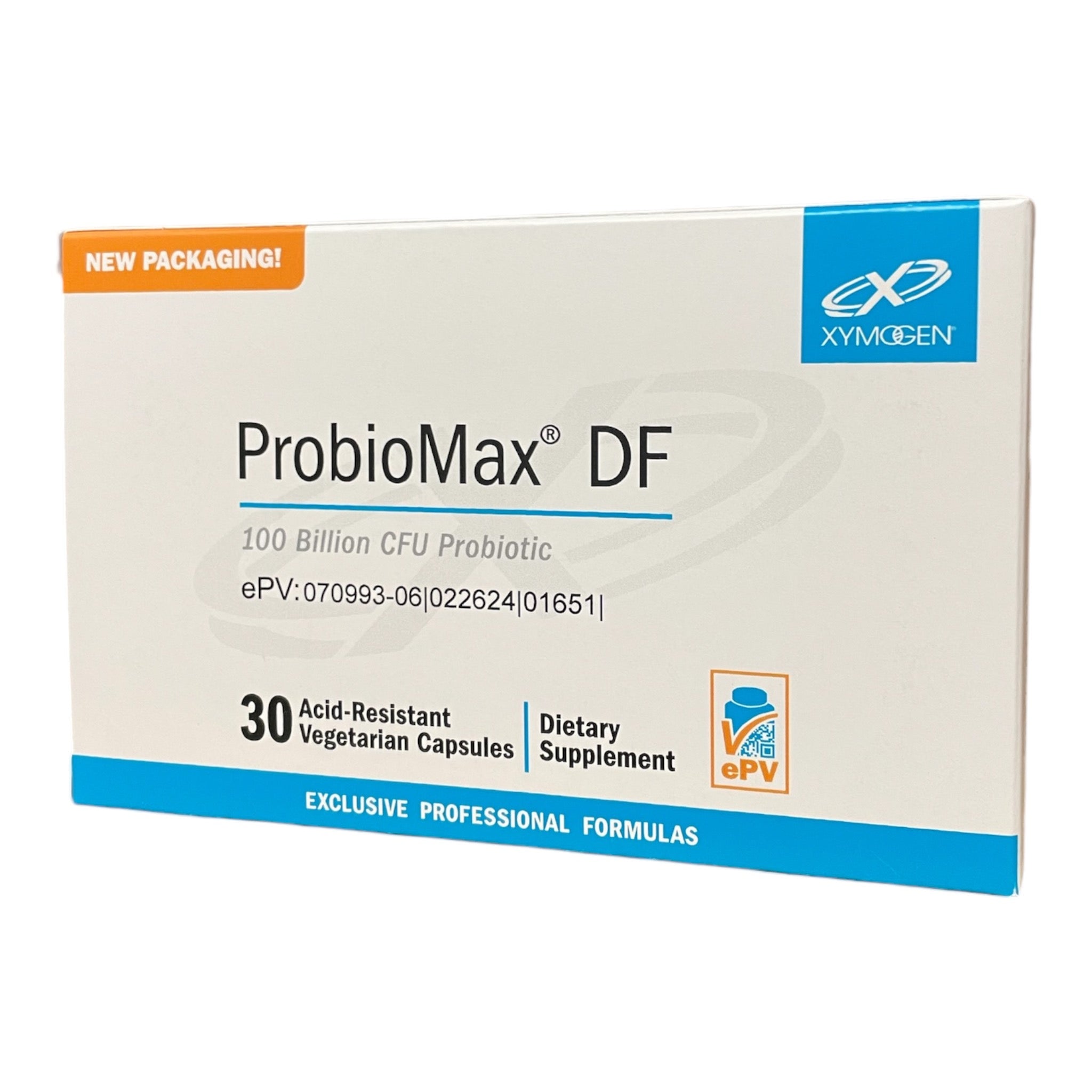By now, most people are aware that taking a multivitamin is a good idea. Most of us simply can’t eat a steady diet of the fresh, plant-based meals that medical science has proven without a doubt are ideal for maintaining the health of our bodies. Multivitamins make up for the nutrients we should be consuming, but aren’t. This idea has percolated into general awareness despite FDA opposition to all forms of supplements for decades.

Only recently has FDA opposition to supplements in favor of prescription products shifted ever so slightly. The almost universal worldwide clamor among medical and scientific professionals for folic acid supplementation for women who are or might be pregnant, forced them to accede. The scientific evidence is overwhelming that such women are at risk for giving birth to babies with spina bifida when there is a lack of folic acid in their systems.
Beyond an “RDA” or “recommended dietary allowance” level that’s far lower than beneficial levels as documented in many hundreds of published studies, the FDA refuses to consider supplements beneficial. And, when they do, they refuse to differentiate between supplements that are chemical-based, usually derived from petroleum byproducts, and those derived from food. Because of this, most conventional vitamins are made in the cheapest way, from petroleum sludge.
Most ordinary people will acknowledge that there’s a difference between a petroleum sludge byproduct and whole food vitamins. Whole food vitamins deliver vitamins and minerals in the form of probiotically cultured whole food rather than the chemical forms found in conventional vitamin and mineral supplements. Further, numerous studies show a very large and significant difference between these two options, especially in what’s called bioavailability. This is, essentially, your body’s ability to absorb what’s ingested. Remember, too, that there are thousands of nutrient substances in food, many of which can be replicated as chemicals but few of which have been actually tested in this way.
Bioavailability of whole food vitamins and minerals has consistently been found to be as high as and, in many cases, much higher than that of artificial vitamins and minerals. Take the example of Coenzyme Q10, which thousands of medical doctors now recommend their patients take for cardiac health despite the FDA’s refusal to recognize its multiple corroborated scientific health benefits. Coenzyme Q10 comes in two forms: ubiquinol and ubiquinone. One form, ubiquinol, is eight times more bioavailable than the other, and when it has been micronized into a suspension it is more bioavailable still. Conventional vitamin makers would say that both forms are equivalent, and they go with the cheaper petroleum source.
Or consider “vitamin E.” In fact, vitamin E is not a single supplement but a family of these, including alpha, beta and vital gamma tocopherols. Research is now finding that people who supplement solely with the alpha tocopherol, a common approach in artificial vitamins, not only do not receive the benefits of the full natural range of tocopherols available from food sources, but may actually do themselves damage.
Perhaps you’ve heard of phytonutrients? There are thousands of these. Most are antioxidants—a class of compounds whose value in preventing disease has only recently become “mainstream.” However, the conventional allopathic approach (meaning, reduce everything to one “active ingredient”) fails to acknowledge the innumerable synergistic effects which the literally hundreds of phytonutrients found in a single fruit or vegetable may offer.
Further, science has established that organic foods contain certain “trace nutrients” in far greater quantities than do foods grown other ways, making an organic multi-vitamin made from organic whole foods even healthier. Those trace nutrients might just be the ones that prevent a particular illness you want to stay away from.
Mainstream scientists have acknowledged the value of a few dozen vitamins and minerals, while thousands more remain unexamined in everyday foods. Fortunately, the full spectrum is available in well-crafted food-derived supplements. Organic multi-vitamin supplements are best, because they offer additional vital nutrients without fertilizer byproducts.
New Chapter, with products such as New Chapter Perfect Immune and New Chapter Perfect Prenatal, is one brand of supplements that takes all of this seriously. They aren’t just selling pills; they’re supplying vital nutrition that’s been depleted from our modern soils. Unless you’re eating a diet that’s mostly organic foods, you aren’t getting enough of these nutrients. Even if you are, under conditions of stress you may need more than food alone can supply.
New Chapter Perfect Immune helps maintain resilience in such stressful conditions. It includes mushrooms and herbs lauded in Ayurveda, Chinese medicine, and western science as helping the immune system.
Pregnancy is a condition of stress on mother and baby. New Chapter Perfect Prenatal is a whole food-derived supplement designed to give mother and baby what they need to help assure a successful pregnancy. It includes vital folate, as well as nutrients that balance hormone levels.











